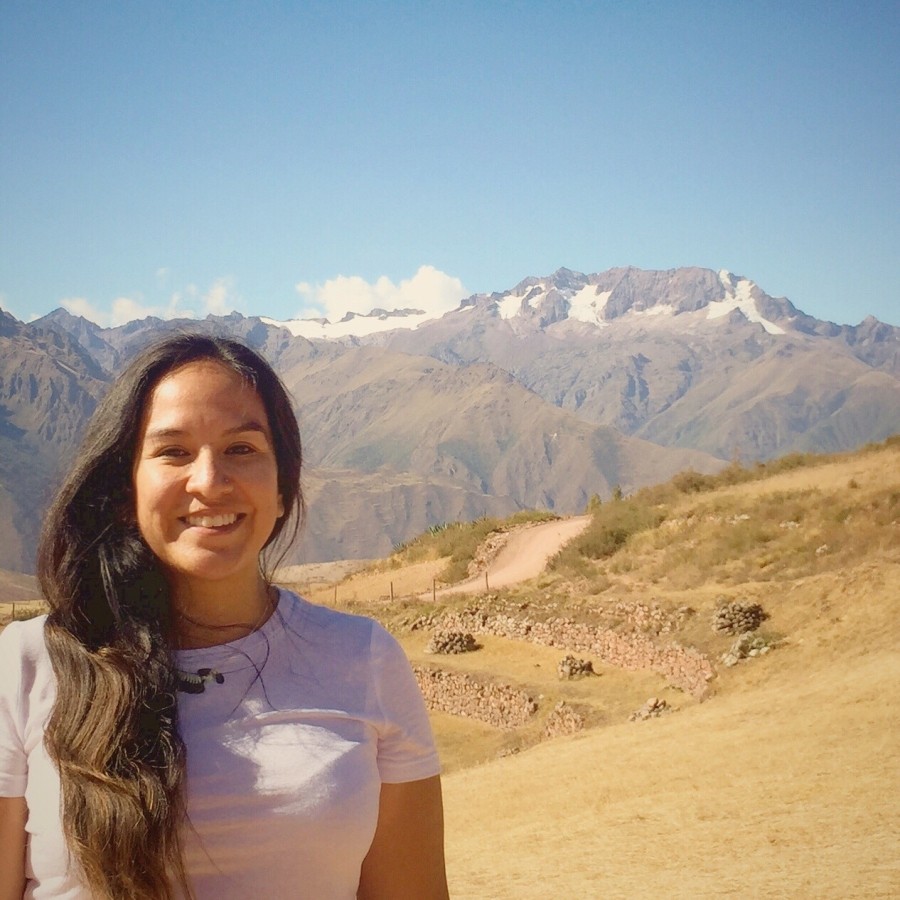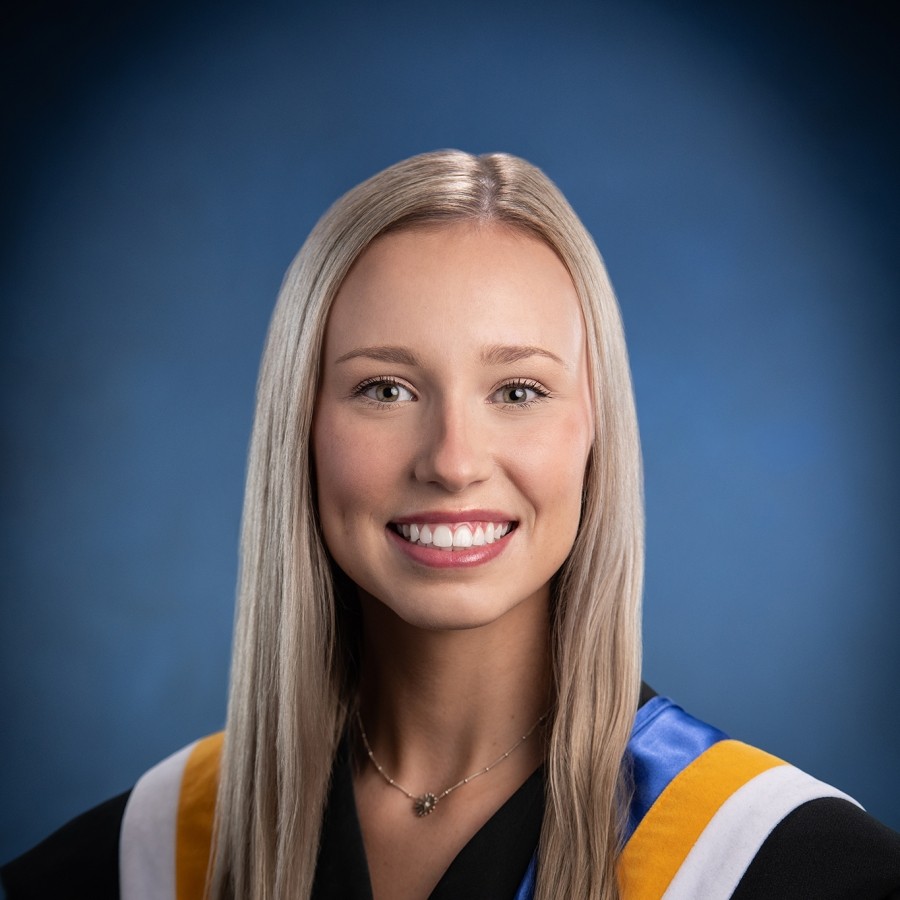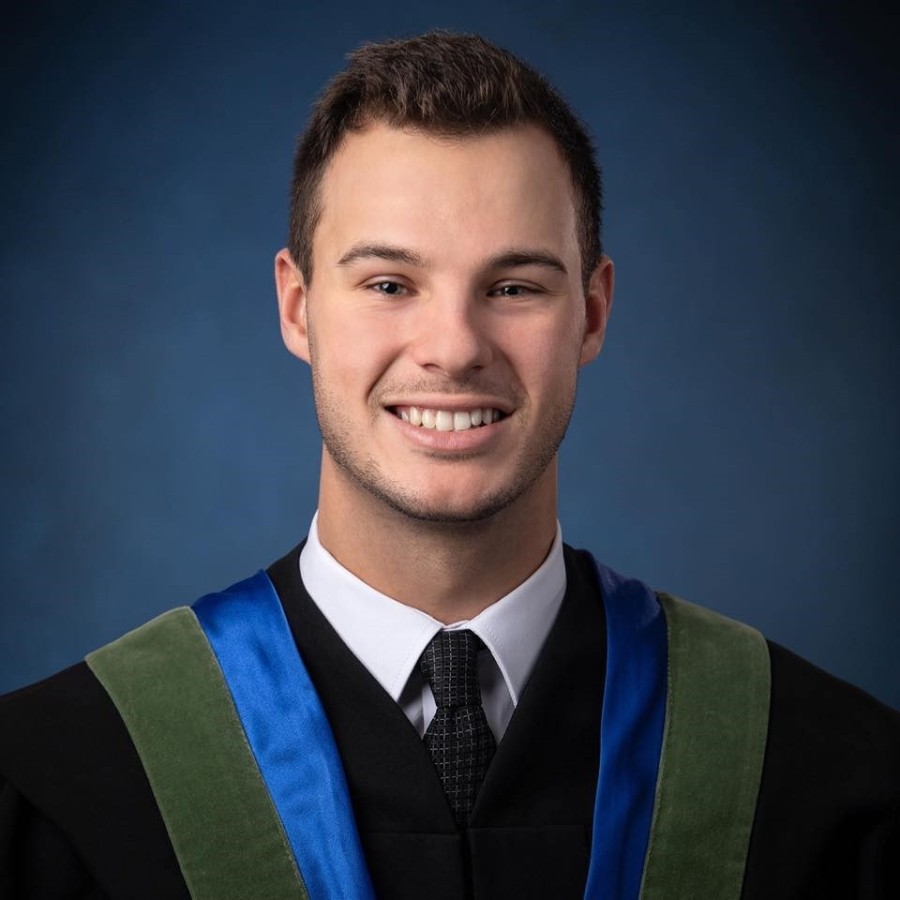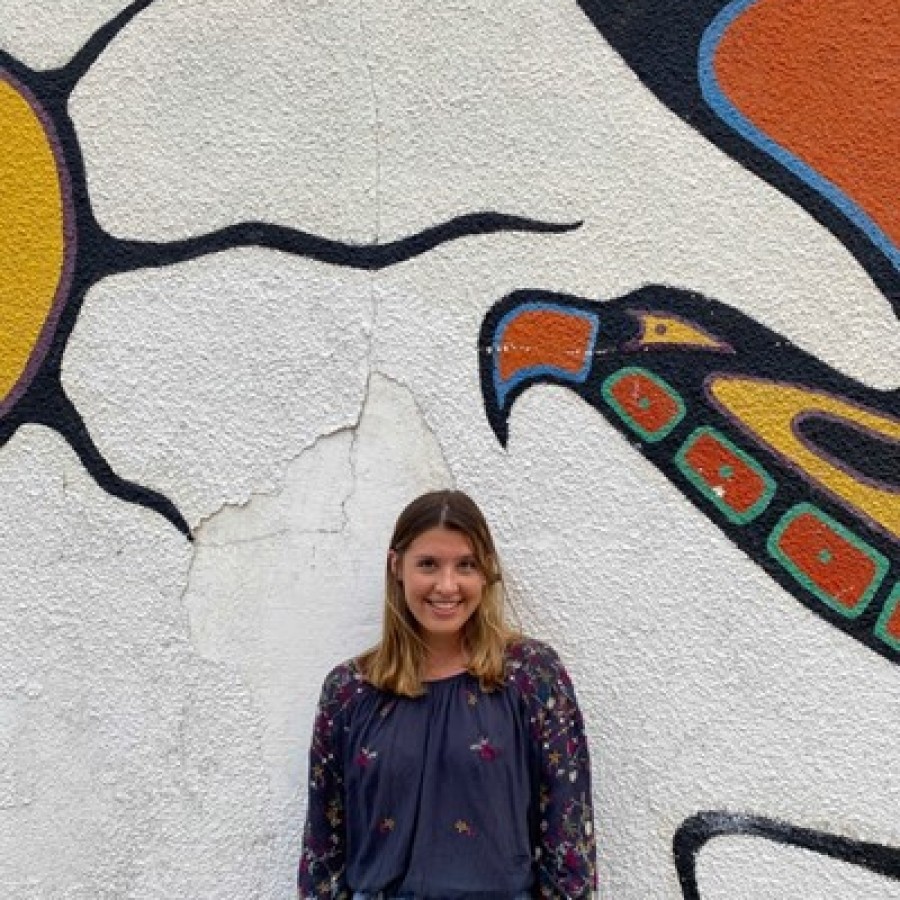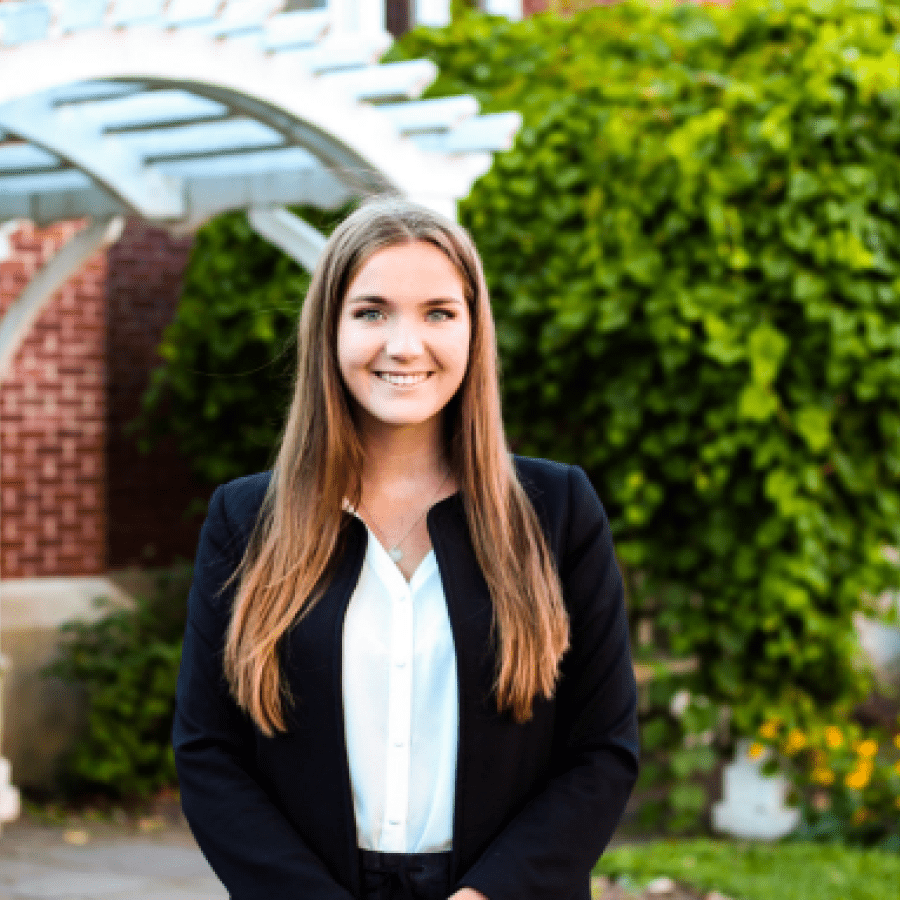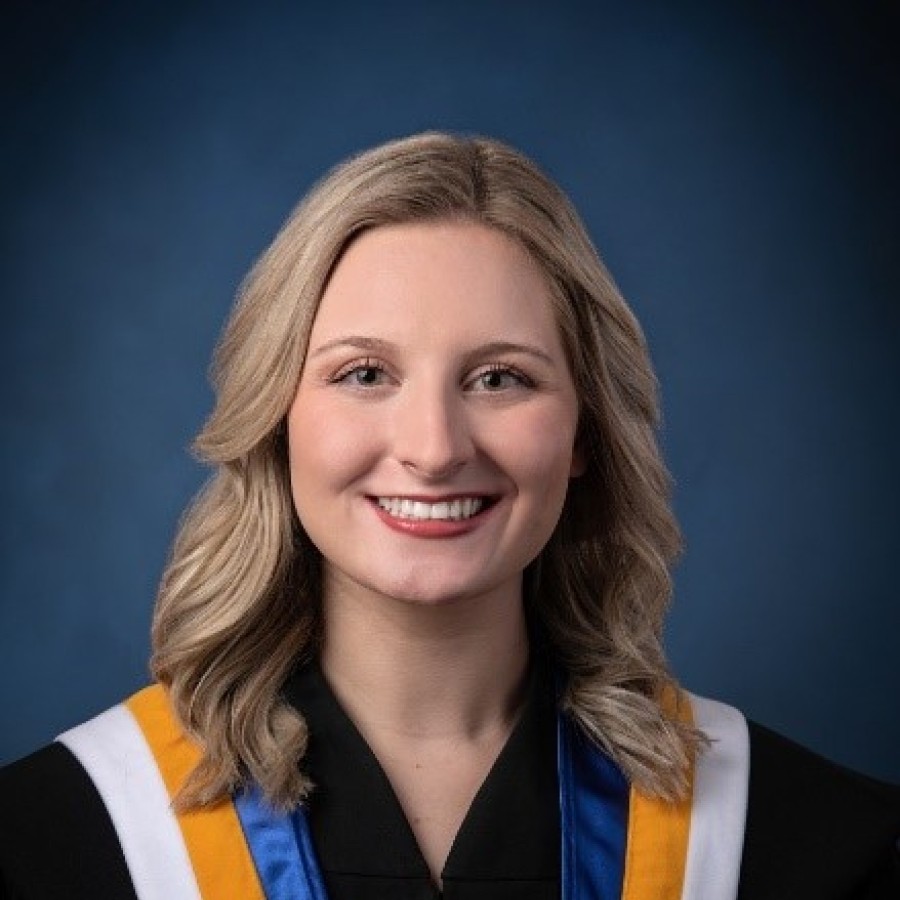Course Based Service Learning (CBSL) is an experiential learning program that supports students’ participation in community placements. The placements are designed to provide a link between service in community and the learning objectives of a specific academic course. Service Learning Program staff connect with local community partners to identify their service needs and develop placements for StFX courses.
The placement experiences can range from one- time event support (e.g., students participating in a Halloween party at the local seniors home) to direct service placements (e.g., students packing food bags for the local food bank) to consulting projects (e.g., a group of students developing and implementing a fundraiser for a local animal rescues organization).
Through these experiences, students spend a minimum of 20 hours per semester working with local non-profit community agencies while completing course assignments that help them draw connections between the theories, concepts and ideas discussed in class to their hands-on placement experiences.
Course Offerings
| CRN | COURSE NUMBER | COURSE NAME | PROFESSOR |
|---|---|---|---|
| FULL TERM | |||
| 48927 | WMGS 100:11J | SJC - Intro Women's & Gender Studies | M. Bimm |
| FIRST TERM | |||
| 56523 | BSAD 424:10 | Financial Accounting Theory | M. Oxner |
| 54021 | BSAD 461:10 | Leadership | R. Delorey |
| 58313 | CHEM 455:10 | Medicinal Chemistry | A. Foo |
| 52775 | DEVS 101:10J | SJC-Introduction to Development Studies | J. Langdon |
| 47682 | DEVS 202:10 | International Development: Canada | K. Burnett |
| 57389 | DEVS 311:10 | Issues in Development Practice | J. Langdon |
| 54576 | HIST 141:10J | SJC-Empire & Plague | C. Frazer |
| 57296 | HKIN 385:10 | Adapted Physical Education | A. Casey |
| 57298 | HKIN 425:20 | Child Growth and Development | A. Kolen |
| 48791 | HKIN 445:10 | Instructional Strategies | A. Casey |
| 56225 | HLTH 111:11 | Fundamentals of Health I | C. Holmes |
| 56226 | HLTH 111:12 | Fundamentals of Health I | C. Holmes |
| 55580 | HLTH 301.11 | Global Health, Equity & Innovation | M. Khakpour |
| 57706 | PSYC 376.11 | Introduction to Psychopathology | A. Weaver |
| 55513 | RELS 103.10 | World Religions | L. Darwish |
| 57839 | RELS 375.10 | Islam in Canada | L. Darwish |
| 56302 | SOCI 218.10 | Social Inequality in Canada | J. Gerrod |
| 56307 | SOCI 341.10 | Sociology of Agriculture | R. Olstead |
| SECOND TERM | |||
| 54064 | ANTH 1112:21J | SJC- Socio-Cultural Anthropology | S. Vincent |
| 57707 | ANTH 218:20 | Anthropology of Health and Illness | C. Holmes |
| 57426 | ANTH 320:20 | People and Development | S. Vincent |
| 45047 | BSAD 322:21 | Intermediate Managerial Accounting 2 | J. Alex |
| 45047 | BSAD 322.22 | Intermediate Managerial Accounting 2 | J. Alex |
| 56758 | CLEN 402.20 | CLEN Practicum | H. Beltrami |
| 56591 | DEVS 101:20 | Introduction to Development Studies | S. Chattopadhyay |
| 47683 | DEVS 202:20 | International Development: Canada | K. Burnett |
| 51292 | ENGR 246:20 | Circuit Analysis | F. Comeau |
| 54579 | HIST 142.20J | SJC-Global Revolution | C. Frazer |
| 54579 | HKIN 416:20 | Control of Human Movement | M. Lam |
| 57298 | HKIN 425:20 | Child Growth and Development | A. Kolen |
| 52082 | HKIN 426:20 | Health Education | A. Kolen |
| 52082 | HLTH 112:21 | Fundamentals of Health II | M. MacGillivray |
| 56228 | HLTH 112:22 | Fundamentals of Health II | M. Khakpour |
| 53027 | HLTH 202.20 | Health Across the Lifespan | K. Thompson |
| 53027 | HLTH 218.20 | Anthropology of Health and Illness | C. Holmes |
| 55581 | HLTH 302:21 | Health in all Policies | C. Holmes |
| 57702 | HLTH 302.22 | Health in all Policies | C. Holmes |
| 48235 | HNUT 365:20 | Community Nutrition | A. MacDonald |
| 48235 | IDS 305:20 | Immersion Service Learning | M. Oxner |
| 57848 | MATH 347.20 | Combinatorics | S. Finbow |
| 57846 | MATH 371.20 | Modern Geometries | T. Taylor |
| 57801 | PSYC 373:20 | Human Neuropsychology | L. Berrigan |
| 5514 | RELS 103.20 | World Religions | L. Darwish, S. Parks |
| 57395 | RELS 254.20 | Islam | L. Darwish |
| 57395 | RELS 397.20 | ST: Christian-Muslim Encounter | L. Darwish |
| 56302 | SOCI 209:20 | Social Inequality in Canada | Joel Garrod (NEW) |
| 56302 | SPAN 102:21 | Spanish for Beginners II | TBA |
| 50463 | SPAN 102.22 | Spanish for Beginners II | TBA |
Social Justice Colloquium
The Social Justice Colloquium is a first-year option for Bachelor of Arts students. Participants are enrolled in dedicated sections of Anthropology, Global History and Women’s & Gender Studies. The instructors work together to coordinate their teaching so that you learn about social justice from various perspectives. In addition, you will complete a Service Learning experience that will be interwoven with your academic learning. Through theory and practice you will become a better student and a more engaged community member.
Bachelor Of Arts And Science In Health
The first degree program of its kind at StFX, the Bachelor of Arts and Science in Health is true to its name: a program for students interested in the ever-broadening field of health, including scientific, social and humanistic dimensions. Students in the BASc in Health will take courses in a wide range of disciplines and can focus on the Biomedical or Social Determinants and Health Equity field as they customize their degree. Additionally, all students will complete courses in Health Humanities – a unique feature of the degree at StFX – a growing and recognized facet of the health landscape that is integral to health problem-solving in the 21st Century. Service Learning opportunities are available in each year of study.
Community partners
Service Learning is a partnership between the university and community organizations. Working in collaboration, the community provides valuable opportunities for student learning and students provide the community with a valuable service. The result is a truly reciprocal relationship, a win-win situation for all.
Community partners tend to be local non-profit organizations that provide service to the community. These organizations can be any size, ranging from large organizations such as schools to smaller organizations and community groups that are entirely volunteer-run. Many community organizations partner with service learning every year, while others partner only when there is a specific need.
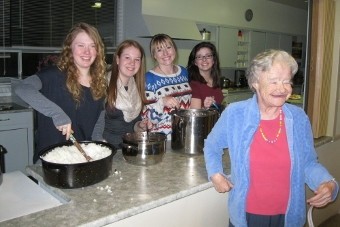
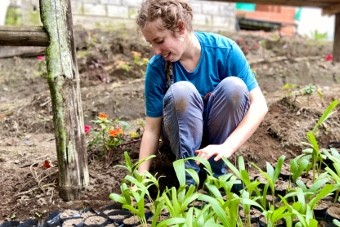

Reflection
The techniques used in reflection include observing, thinking, talking, listening, asking questions, writing and reading.
See handout on Reflection
Reflection is the key to Service Learning; it is the ingredient for transforming experience into learning. It is crucial for integrating service with the academic concepts presented in class.
Students need to think beyond the specific tasks that they are performing and use some of the ideas examined in class to understand their experiences.
Reflection is most effective when it is timely. Students are encouraged to reflect on their Service Learning activity each day that they are involved in the service. Many students find it useful to keep a learning journal.
Some questions to ask yourself when reflecting in your journal:
- Why am I doing service in relation to this course?
- Why is this community partner a good site for Service Learning with this course?
- How does the service activity relate to my classroom learning?
- What are the underlying issues that need to be addressed?
- How does my service make a difference, and to whom?
- What am I learning: about course content, about myself, about the community?
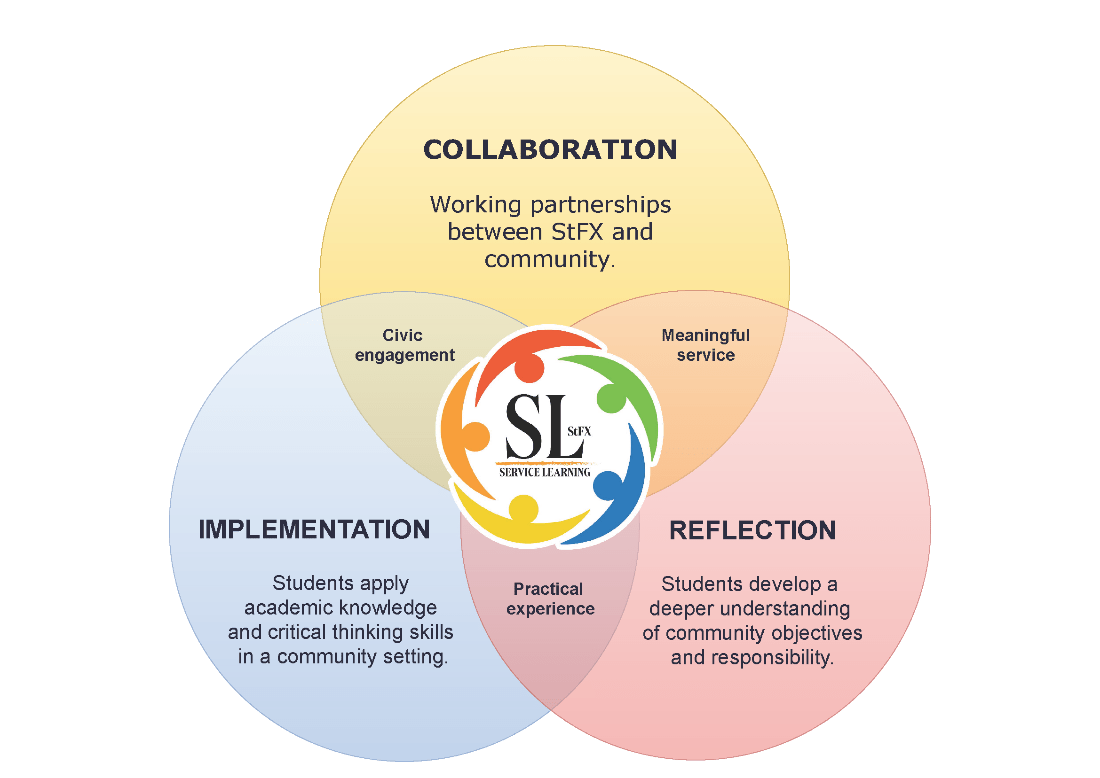
FAQ About Course Based Service Learning
Do I get course credit for the service that I provide to the agency?

You do receive course credit, but not simply for performing a service. Credit is received for the learning that takes place during the service experience. Consult with your course professor regarding how you will be graded and the value of the grade. You may be asked to write a reflection paper, keep a journal, do an in-class presentation, or some other form of reporting. It is the learning that is graded, not the experience. The community partner acts as a living classroom for the learning to take place.
Can I do Service Learning anywhere I want?
Service Learning can only be performed with an approved community partner that is on the list selected by your instructor or approved by Service Learning program staff. If you have a suggestion that is not on the list, consult with your professor or the Service Learning office.
Is there transportation available to the service learning sites?
Transportation is not available, but most sites are within walking distance of campus. For students who have vehicles, there are options within a 10–20-minute drive and there are stipends available to offset travel costs.
What happens if I cannot complete my Service Learning at the agreed-upon agency site?
Every effort must be made to complete your agreed-upon Service Learning experience. The agencies depend on student’s ongoing commitment to offer their programs. If there are extenuating circumstances, a valid reason must be presented for failure to complete a Service Learning experience. Contact must be made with your course professor, the site supervisor and the Service Learning office to inform them of your departure from the program and the reasons for the departure. Your professor will determine the effect this departure will have on your grade.
What if I don’t like the Service Learning experience that I have chosen?
The vast majority of students have a very positive experience with their community partner. Occasionally, a student may be unhappy with their site. If this is the situation for you, please talk to someone. Consult with your professor or the Service Learning program staff. Is there something that we can do to change the experience? Do you need more or different support at the site? Are there other services that you can provide for this host organization? Most issues can be resolved in a manner that is acceptable to all parties involved.
Can I continue providing service in the community once my required Service Learning hours are completed?
Yes. The Service Learning experience is often an introduction to a new organization, new group of people, or new skills for many students. You are free to volunteer with the organization, if they would like you to do so. Consult with the site supervisor to see if they have different policies or procedures that apply to general volunteers, as opposed to students. Advise them that you will continue as a volunteer. And please let us know at the Service Learning office! We like to celebrate your successes. Continuing to provide service on your own is a clear sign of a successful Service Learning experience.
How do I get involved in Service Learning?
If your professor is offering a Service Learning option, details will be provided in class. The professor will outline the type of Service Learning experience offered in that class and the assignment that is attached to the Service Learning experience.
Another option is IDS 305: During this virtual Immersion experience, Service Learning students will participate in virtual interactions with partners in Peru. The goal of this experience is to support a remote underserviced community in the high Andes. In this course. students will strengthen their engagement and leadership skills while enhancing their learning about development issues. For more information, please consult the academic calendar or the Service Learning office.
I would like to take another course with a Service Learning component next year. How do I find out about other courses?
The Service Learning Program produces a list of courses that will be offering a Service Learning component. Consult our "Course Offerings" tab on this page. Or approach the faculty members who are teaching your courses to see if they are interested in including a Service Learning component. Program staff are available to meet with interested faculty and assist them in developing a Service Learning option. In addition, the Service Learning office offers IDS 305: a Virtual Immersion experience in the winter term. This is a structured, 3 credit virtual Immersion experience that partners with a not-for-profit organization in Peru and the communities they support to provide a reciprocal learning opportunity for students interested in international studies. For more information, please consult the academic calendar or the Service Learning Office.
Awards
The Community Based Research Award is given annually to the best community engaged research project(s) presented at Student Research Day.
The Prize for Excellence as a Community Engaged Scholar recognizes a graduating student who has completed one or more Service Learning experiences and has demonstrated a personal commitment to community development. Nomination Form
Contact
373 Coady International Institute
4780 Tompkins Lane
Antigonish NS B2G 2W5
Canada

